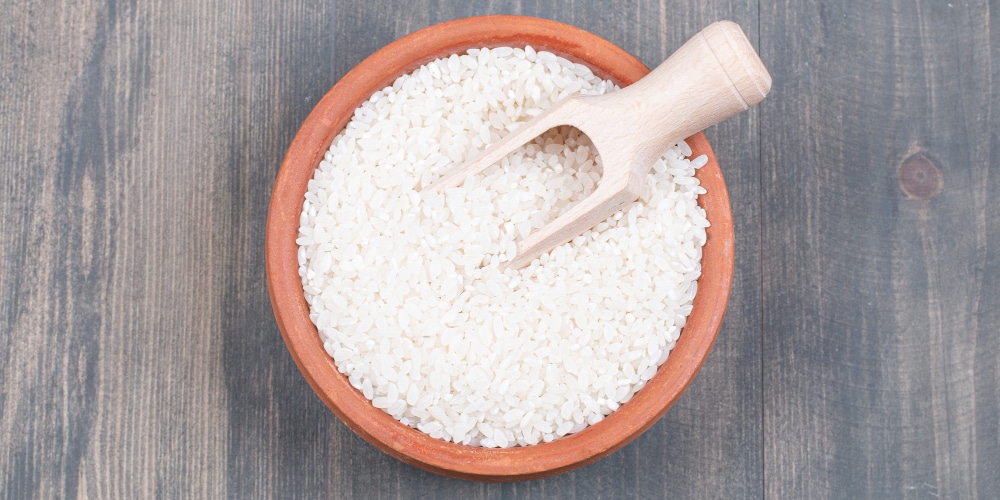Latest
New COVID-19 wave in Asia raises concerns for India
Experts attribute the rise in COVID-19 cases across Asia to waning immunity, not new variants
Author
Author
- admin / 7 months

- 0
- 4 min read

Author
A new wave of COVID-19 cases sweeping across Asian countries like Hong Kong, Singapore, China, and Thailand signals a threat to India, potentially triggering a fresh wave of infections.
While Hong Kong, Singapore, China, and Thailand are experiencing surges in COVID-19 cases primarily due to waning immunity, India currently reports 257 active cases. This has increased from 93 cases, as reported last week, when the authorities also confirmed to the media that no new wave of the virus has been detected so far. While there’s no immediate cause for alarm, proactive measures—booster shots, surveillance, and public awareness—are essential to keep India safe.
Last week, Bloomberg reported on the rising COVID-19 cases across Asia, specifically highlighting surges in Hong Kong and Singapore as part of a new wave spreading through the region. Since the past week, news outlets and social media platforms, including posts on X, have amplified concerns about rising COVID-19 cases in Asia. This has naturally raised concerns about whether India could soon face a similar surge.
China, Thailand, Hong Kong, Singapore seeing a surge
According to a report published in China Daily, China has seen a steady rise in COVID-19 infections since early April, but the overall spread of acute respiratory infectious diseases “remains low and under control, according to official data and health experts.”
According to China Daily, citing data from the Chinese Center for Disease Control and Prevention, COVID-19 has become the most common respiratory virus in China, overtaking rhinovirus. The positivity rate among flu-like illnesses in hospitals jumped from 7.5% in the week starting March 31 to 16.2% in the week beginning April 27.
Hong Kong too is grappling with a significant increase in COVID-19 cases. The surge is primarily driven by waning immunity. China Daily reported that the positivity rate climbed to 13.66 percent in the week ending May 10, up from 6.21 percent four weeks earlier. The city has recorded 81 severe cases and 30 deaths, the majority of which involved elderly individuals with pre-existing health conditions.
Albert Au, head of the Centre for Health Protection’s Communicable Disease Branch, stated that the proportion of positive respiratory samples has surged. During the week ending May 3, the city reported 31 severe Covid-19 cases—the highest weekly count in the past year.
In Singapore, the city-state’s health ministry reported a 28% week-on-week surge in cases, with approximately 14,200 infections in the week ending May 3, 2025, and a 30% rise in hospitalizations.
Health authorities have ruled out the emergence of new, more dangerous variants. Instead, they believe the current surge is due to waning immunity in the population. The ministry clarified that there’s no evidence of increased virulence in the current strains.
Will India experience a new COVID-19 wave?
India currently has 257 active COVID-19 cases, as per the Ministry of Health and Family Welfare’s dashboard on May 19, 2025. The ICMR reports no indicators of an emerging wave. However, India’s proximity to affected countries and high population density pose risks if booster uptake declines or surveillance weakens.
Should India be worried?
The surges in Hong Kong, Singapore, China, and Thailand stem from waning immunity and increased social interactions, not new, more dangerous variants. While there’s no immediate cause for alarm, proactive measures like booster shots, surveillance, and public awareness are essential to keep India ahead of the curve.
Also read: COVID-19 pushes 100M into extreme poverty, global economy loses $22 trillion – First Check










